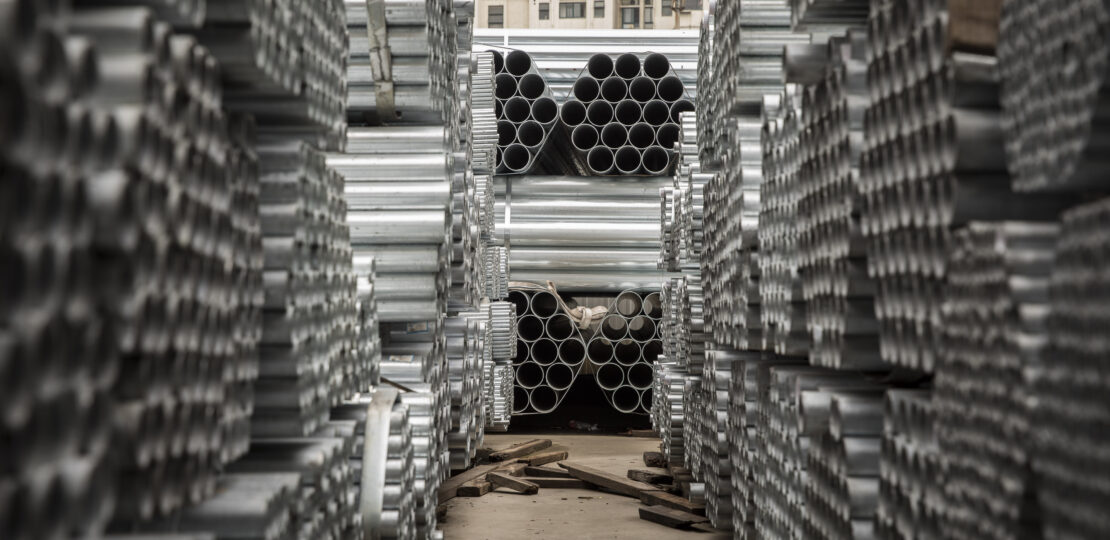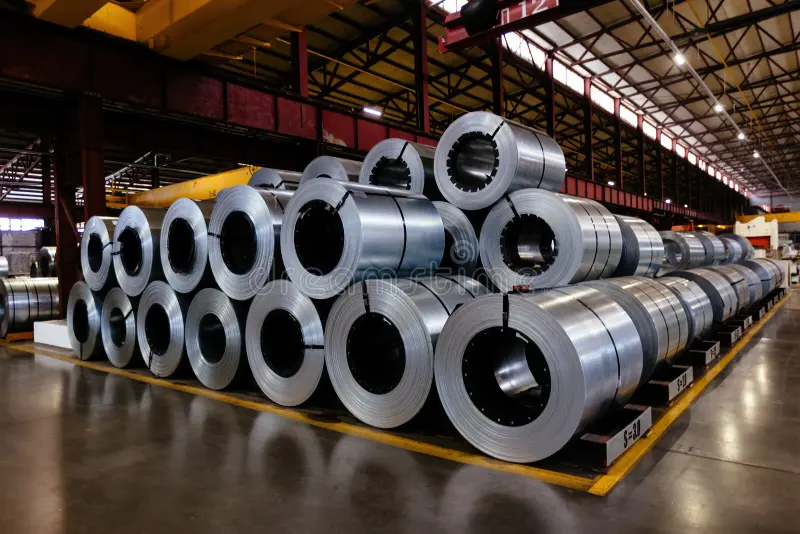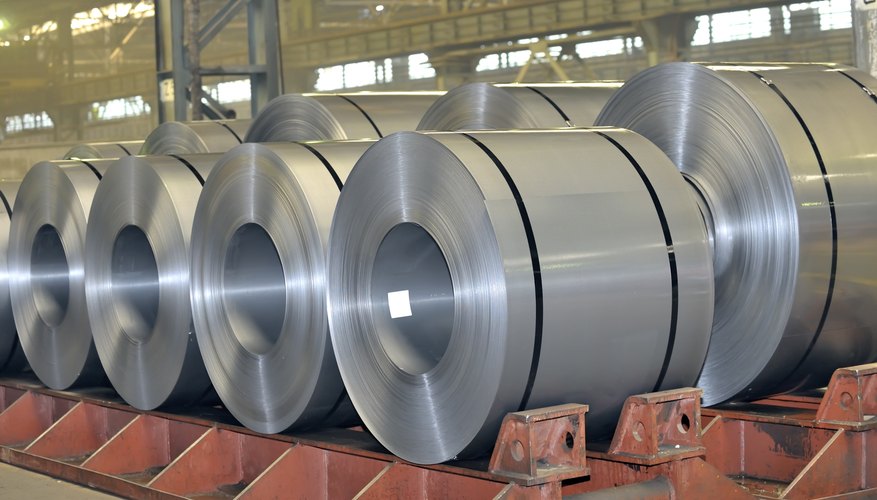JSW Group Chairman Sajjan Jindal Raises Alarm Over Influx of Chinese Steel Into India
December 2, 2024 | by gurjeetsaini@yahoo.com

Sajjan Jindal, the Chairman and Managing Director of JSW Group, has expressed grave concerns about the increasing volume of Chinese steel entering India, particularly through Free Trade Agreement (FTA) routes involving ASEAN countries. According to Jindal, China’s overproduction of steel is flooding global markets, with the country’s exports matching India’s entire steel production output. However, the issue goes beyond direct imports from China and is exacerbated by a loophole allowing Chinese steel to enter India indirectly via third-party nations that have FTAs with India.
In an exclusive interview with Moneycontrol, Jindal highlighted the scale of the problem, stating, “The amount of steel China exports is equivalent to India’s entire production capacity. Although Chinese steel faces tariffs in the U.S. and Europe, it is still entering India through countries with which we have FTAs.”
The Trade Loophole
The concern stems from a mechanism where Chinese steel, which faces substantial tariffs in markets like the U.S. and Europe, is redirected to other countries through FTAs. These nations, having trade agreements with India, import Chinese steel for domestic needs and then export their own steel to India without tariffs. This circumvents the trade barriers and allows Chinese steel to enter the Indian market duty-free, undermining the competitiveness of India’s local steel industry.
Impact on Domestic Manufacturers
Jindal emphasized that this practice directly challenges India’s steel manufacturers by flooding the market with cheaper steel, thereby stifling local production. He reiterated that JSW Group has raised the issue with the Indian government, which is aware of the situation and is working on a resolution. While discussions are ongoing, no final decision has been reached yet.
India’s steel industry has long battled competition from cheaper imports, especially from China, which is the world’s largest producer of steel. The rise in Chinese steel imports facilitated by these trade routes has become a contentious issue for Indian manufacturers who argue that it negatively impacts domestic growth and production.
Government’s Efforts to Address the Issue
In May 2022, the Indian government imposed a 15% export duty on select steel products and iron ore to curb rising domestic steel prices and address inflation. This move aimed to ensure adequate steel availability in the local market and manage inflationary pressures. In November 2022, the government rolled back the export duty hike, a decision welcomed by steel manufacturers.
Additionally, the government reduced import duties on raw materials essential for steel production to ease the cost burden on domestic manufacturers. Jindal remains optimistic that with the government’s ongoing support, a solution will eventually be reached to safeguard India’s steel industry from the growing influx of Chinese steel.
Looking Ahead
Despite the challenges posed by overproduction in China, Jindal is confident that the Indian steel sector can overcome these obstacles. He emphasizes that the government’s support, combined with continued advocacy from industry leaders, will help to address the issue and promote a fairer trade environment for India’s steel manufacturers.
As India continues to navigate the complexities of global trade policies and competition from China, the resolution of this issue will be crucial in ensuring the growth and sustainability of India’s manufacturing sector.
RELATED POSTS
View all



